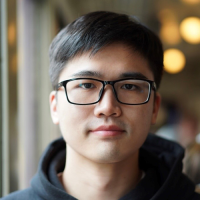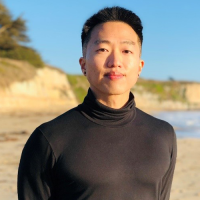2022

Yanyi Liu
Cornell University, Computer Science, Department Advisors : Rafael Pass and Elaine Shi
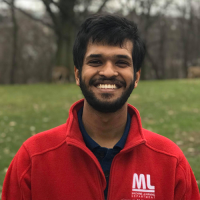
Saurabh Garg
Carnegie Mellon University, Machine Learning Department, Advisors : Zachary Lipton and Sivaraman Balakrishnan
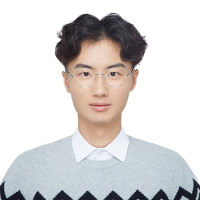
Yuhang Song
Oxford University, Computer Science & Nuffield Clinical Neurosciences, Advisors : Thomas Lukasiewicz and Rafal Bogacz

Sewon Min
University of Washington, Paul G. Allen School of Computer Science & Engineering, Advisors : Luke Zettlemoyer and Hannaneh Hajishirzi
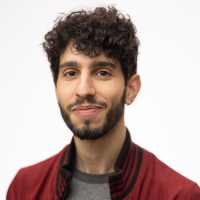
Orr Paradise
University of California, Berkeley Computer Science, Advisors : Shafi Goldwasser and Avishay Tal
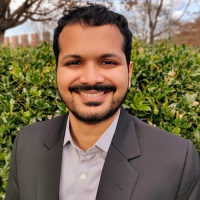
Pranav Shetty
Georgia Institute of Technology, Machine Learning, Advisors : Rampi Ramprasad and Chao Zhang
